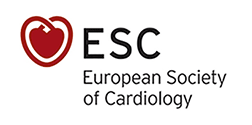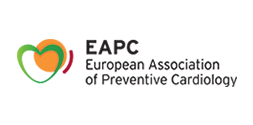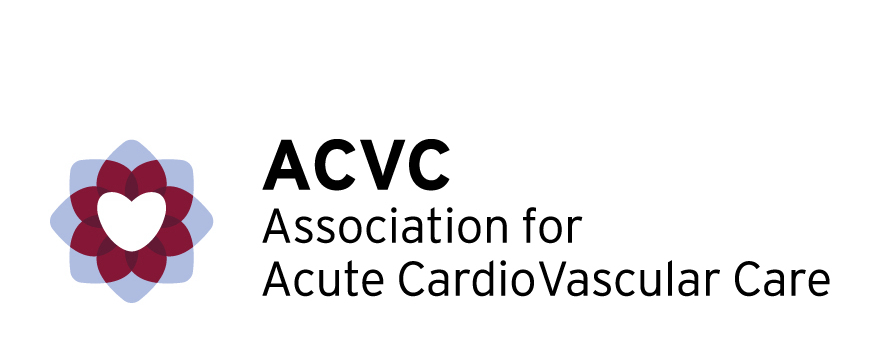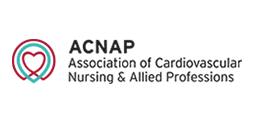Daily stress and lack of sleep affect cardiovascular health
Stress and sleep are deeply intertwined. Lack of sleep can cause fatigue, moodiness and excessive sleepiness during the day. People who feel stressed are more likely to suffer from sleep disorders such as insomnia or disrupted sleep. Added together, chronic stress and insufficient sleep can cause a hyperactive nervous system, leading to surges in blood pressure and heart rate which, in the long term, are linked with heart disease. Chronic stress is a known risk factor for heart disease.
Reducing stress and getting sufficient good quality sleep can improve quality of life and prevent first and repeat heart attacks.
Our reactions to psychological stress cause physical changes in the body. Emotional stress can lead to rises in heart rate (velocity with which the heart pumps the blood), blood pressure and breathing rate because the nervous system becomes overworked.
Although this is a normal response, persistent stress due to unhealthy lifestyle habits , work-related issues or family problems can be a chronic trigger to the nervous system and raise the risk of cardiovascular disease. The effect of stress is amplified if it leads to insufficient or poor quality sleep.
Earthquakes illustrate the impact of stress. The 1995 earthquake in Kobe, Japan, resulted in a threefold increase in heart attacks in people living close to the epicentre.
Sleep and stress are strongly linked. Lack of sleep often causes fatigue, moodiness, changes in food intake and excessive sleepiness during the day. People who feel stressed are more likely to suffer from sleep disorders such as insomnia or disrupted sleep. This is worrying given that the amount time devoted to sleep has gradually declined. Many people sleep less because of longer working hours and more time spent on smartphones.
Stress changes the body’s metabolism and is linked with weight gain. Excess weight increases the likelihood of sleep-related breathing disorders, such as obstructive sleep apnoea, which are connected with feeling sleepy during the day and higher cardiovascular risk.
The optimum amount of sleep is seven to eight hours a night. Less than six, or more than ten, hours a night are linked to a greater likelihood of heart attack and stroke. Getting the right amount of sleep and treating sleep disorders like sleep apnoea and insomnia may protect against high blood pressure and other cardiovascular problems.
Reducing stress and getting sufficient good quality sleep can reduce cardiovascular risk and improve quality of life.
See your doctor if you are under chronic stress, particularly if you are also not sleeping well. Psychosocial therapies, which encompass psychological and social aspects, improve sleep and quality of life, and protect against first and subsequent heart attacks.



